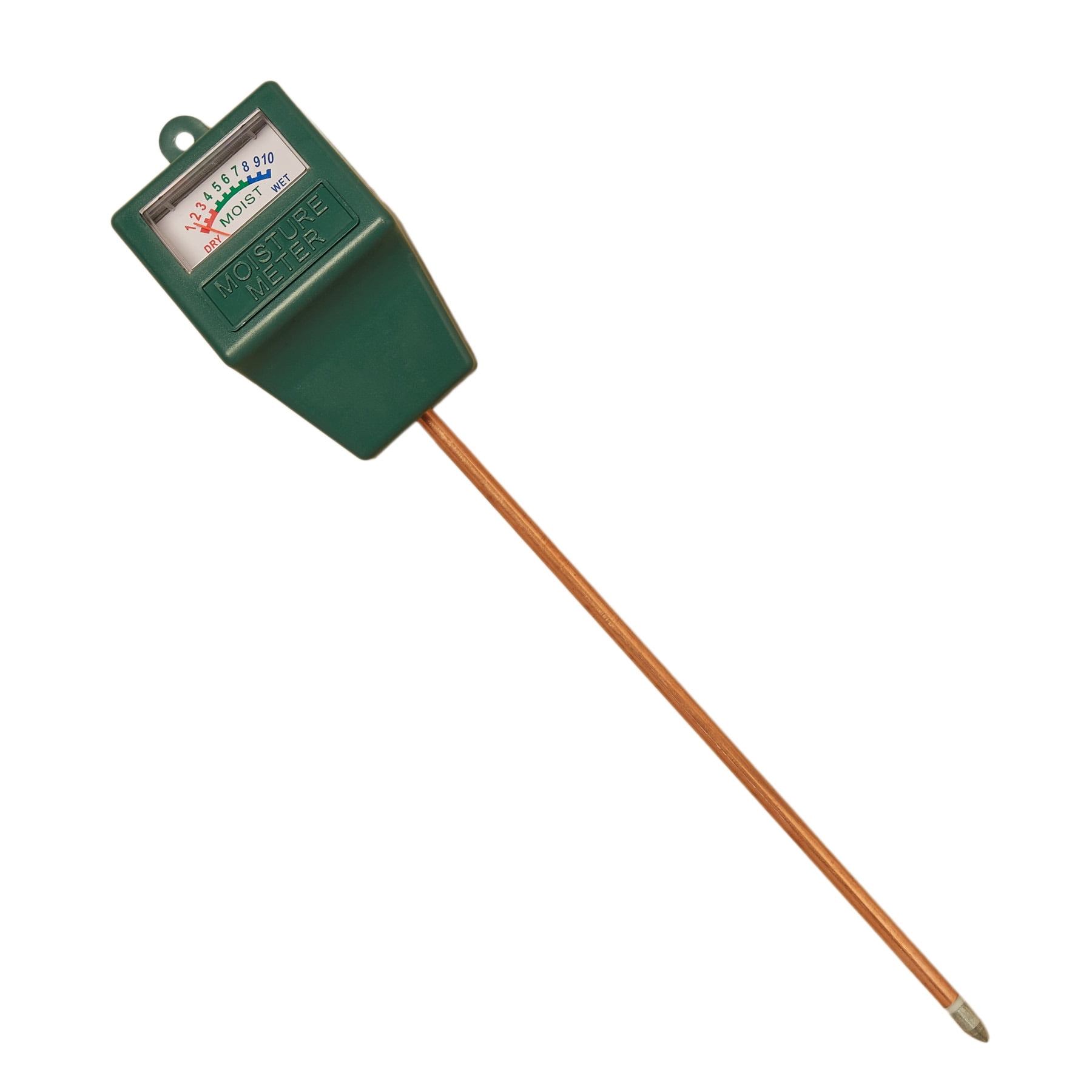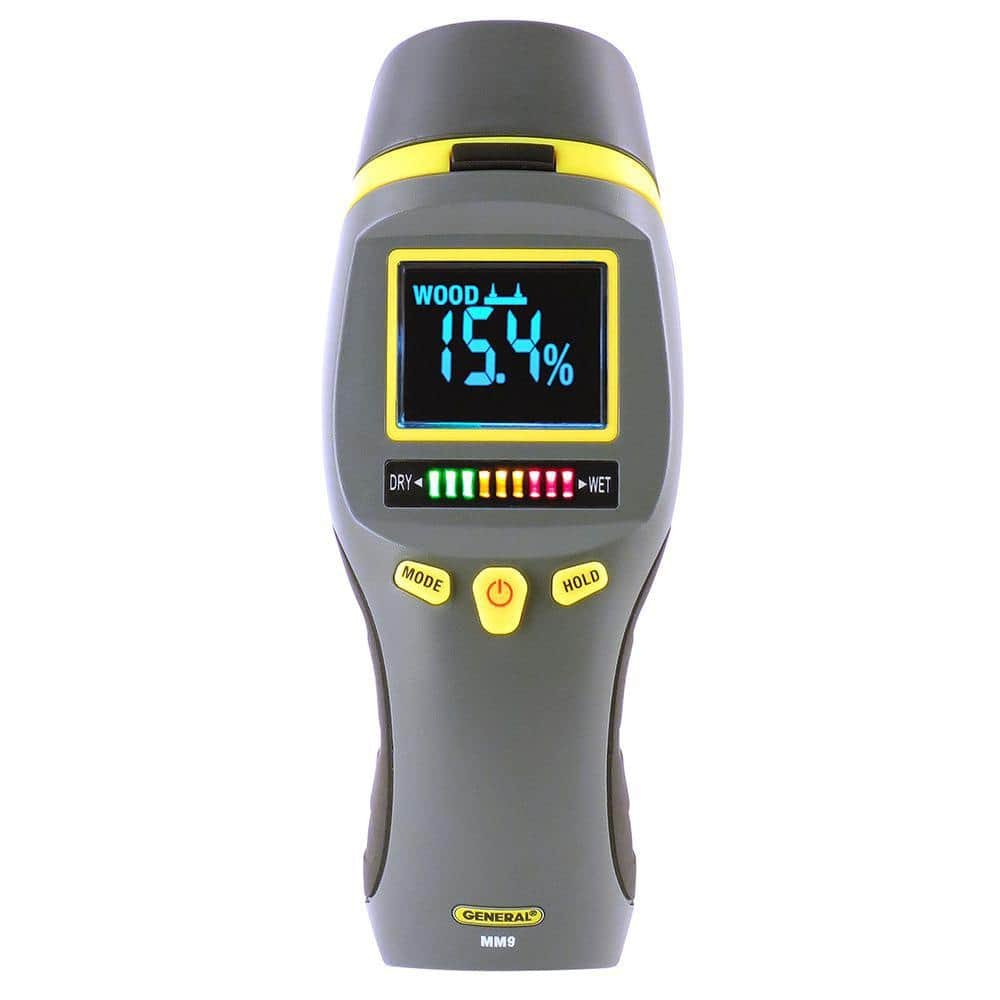Why Every House Owner Demands a Moisture Meter: Trick Advantages and Features
Why Every House Owner Demands a Moisture Meter: Trick Advantages and Features
Blog Article
The Ultimate Overview to Dampness Meters: A Comprehensive Review and Just How They Can Save You Money
In the world of building maintenance, construction, and different industries, the value of precisely gauging dampness degrees can not be overstated. Moisture meters serve as crucial tools in identifying and checking moisture material in materials, helping in stopping costly problems and making certain the quality of items. Recognizing the subtleties of various kinds of moisture meters, their applications, and the prospective cost-saving benefits they offer can be a game-changer for experts and organizations alike. Finding exactly how these devices can not just improve processes yet additionally add to financial cost savings is a trip worth starting.
Kinds Of Moisture Meters
Various kinds of moisture meters are available for various applications in various markets. One common type is the pin-type wetness meter, which gauges the electric resistance in between two pins put right into a product. This type is suitable for wood, drywall, and various other building materials. Pinless dampness meters, on the other hand, usage electromagnetic sensing unit plates to scan a bigger location without causing damages to the product's surface area. Moisture Meter. These meters are perfect for swiftly examining dampness degrees in large locations such as floors and wall surfaces.

Infrared moisture meters determine the thermal residential or commercial properties of a material to establish its moisture material non-invasively, making them valuable for applications where pin or pinless meters may not be suitable. Understanding the different kinds of moisture meters offered can help markets pick the most suitable device for their specific wetness measurement needs.

Benefits of Utilizing Moisture Meters
Moisture meters supply very useful benefits in precisely keeping an eye on and assessing moisture levels in diverse materials and settings. One of the key advantages of using wetness meters is the prevention of prospective damage caused by excess dampness.
Additionally, utilizing moisture meters can cause raised energy performance. By recognizing locations with high dampness degrees, such as leaks or inadequate insulation, changes can be made to boost energy conservation and minimize utility prices. In agricultural setups, moisture meters play a vital role in maximizing crop returns by making it possible for farmers to keep track of dirt wetness degrees and make informed watering choices. Overall, the advantages of making use of wetness meters extend throughout different sectors, providing cost-efficient options and promoting better high quality control methods.
How to Pick the Right Moisture Meter
Selecting the suitable wetness meter includes thinking about vital aspects such as material compatibility, dimension array, and calibration precision. When picking a dampness meter, it's vital to ensure that the meter is ideal for the particular material you will be testing. Various materials have varying electric buildings that can influence dampness analyses, so selecting a meter developed for your material is vital for accurate outcomes. Furthermore, consider the dimension series of the moisture meter. Guarantee that the meter can identify wetness levels within the variety needed for your applications. Calibration accuracy is one more crucial factor to bear in mind. Go with a wetness meter with reputable calibration to guarantee specific and regular readings. Some meters might need periodic calibration adjustments, so understanding the calibration process is necessary. By very carefully examining these elements, you can choose a moisture meter that satisfies your demands and gives precise moisture dimensions for your jobs.
Appropriate Strategies for Dampness Meter Usage

Cost Savings With Wetness Meter Applications
How can the tactical utilization of wetness meters result in significant expense financial savings across numerous sectors? Wetness meters play a critical function in cost financial savings by stopping possible damages and making sure quality control in various markets. In the agriculture industry, wetness meters help in establishing the ideal time for collecting crops, stopping excess or over-drying wetness that can affect the final product's quality. This accurate monitoring helps farmers stay clear of unnecessary losses and optimize their yield.
Likewise, in building and construction, dampness meters aid prevent pricey damages by spotting dampness levels in structure materials, such as wood or concrete, which can cause structural concerns if not addressed without delay. By you can find out more recognizing problem areas early on, contractors can take rehabilitative measures to avoid extensive repair services or replacements, inevitably conserving money and time.
Moreover, in the food handling sector, dampness meters are crucial for checking item high quality and making certain conformity with safety policies. By accurately measuring wetness content in foodstuff, suppliers can protect against putridity, keep freshness, and decrease waste, leading to considerable price savings. In general, the strategic application of moisture meters is a useful investment that can cause considerable expense decreases and improved effectiveness across various industries.
Verdict
Finally, moisture meters are beneficial devices for gauging and finding moisture degrees in various materials. By using the appropriate wetness meter and complying with appropriate strategies, users can efficiently stop expensive damages brought on by excess dampness. Buying a top quality wetness meter can result in significant cost savings in the future by determining potential issues beforehand and allowing punctual remediation. Eventually, dampness meters are essential tools for maintaining the stability and durability of frameworks and materials.
Dampness meters offer as vital devices in spotting and monitoring moisture content in materials, helping in stopping pricey damages and ensuring the quality of items. Infrared dampness meters measure the thermal homes of a product to identify its moisture content non-invasively, making them helpful for applications where pin or pinless meters might not be suitable.Dampness meters offer invaluable advantages in precisely analyzing and monitoring dampness levels in diverse materials and atmospheres. In agricultural setups, dampness meters play a crucial role in enhancing crop yields by allowing farmers to keep an eye on dirt dampness degrees and make educated watering choices.In link conclusion, moisture meters are valuable tools for determining and finding dampness degrees in different products.
Report this page